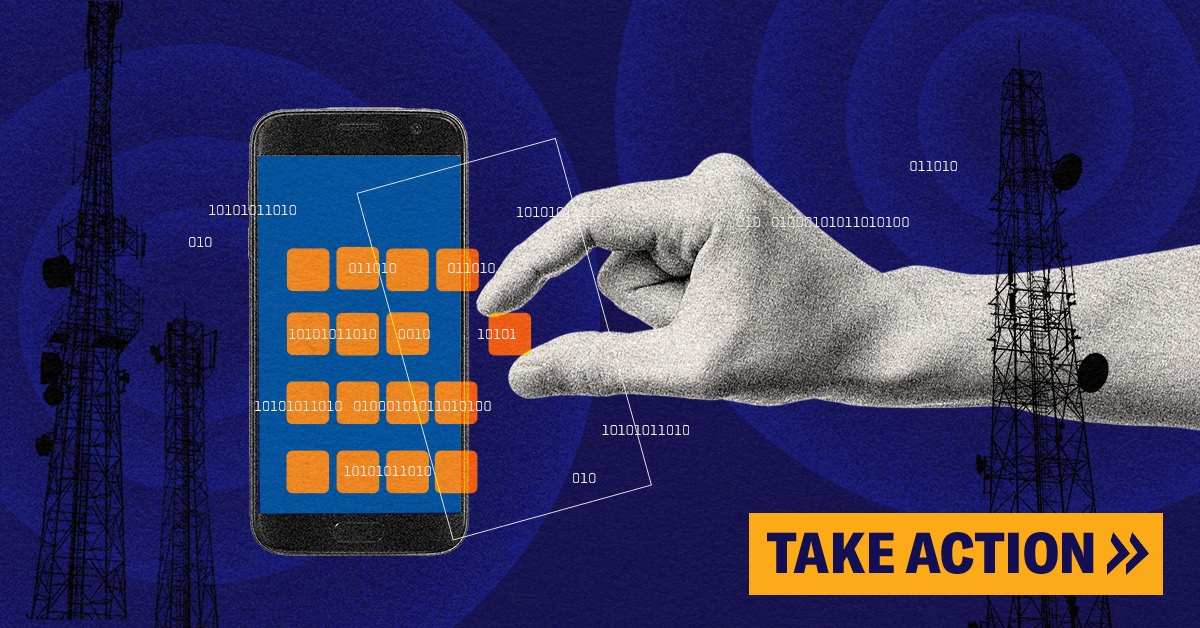Warrantless Surveillance Under Section 702 of FISA

Under Section 702 of the Foreign Intelligence Surveillance Act (FISA), the U.S. government engages in mass, warrantless surveillance of Americans’ and foreigners’ phone calls, text messages, emails, and other electronic communications. Information collected under the law without a warrant can be used to prosecute and imprison people, even for crimes that have nothing to do with national security. Given our nation’s history of abusing its surveillance authorities, and the secrecy surrounding the program, we should be concerned that Section 702 is and will be used to disproportionately target disfavored groups, whether minority communities, political activists, or even journalists.
Section 702 is set to expire at the end of 2023. We call on Congress to significantly reform the law, or allow it to sunset.
ACLU Legal Challenges to Section 702
- Wikimedia Foundation v. NSA
- Amnesty International USA v. Clapper
- United States v. Muhtorov
- United States v. Mohamud (amicus curiae)
- United States v. Hasbajrami (amicus curiae)

Stop Mass Warrantless Surveillance: Reform Section 702
Congress can fight back against egregious violations of our privacy by the government. Tell them to take action now.
Source: American Civil Liberties Union